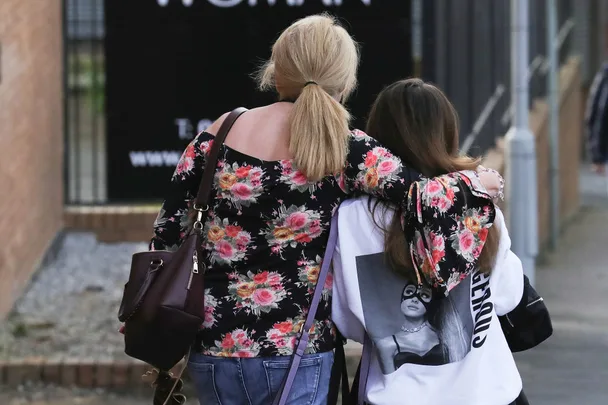In times of trouble – and terror – social media like Twitter and Facebook have become known as sources of information, sites for people to connect and places to seek solace. But in the aftermath of the hideous bombing of the Manchester Arena, there’s a breed of internet troll taking advantage of social media communities and twisting their helpfulness for their own sick purposes.
While some parents and friends have launched their own Twitter, Instagram and Facebook campaigns to be reunited with missing loved ones, the social media channels have also been swamped by fake posts, using images of other people. The hashtag, #MissingInManchester, while genuine, has been hijacked by fraudsters intent on misleading their followers—and attracting retweets and likes in the process. They’ve stolen images of popular YouTube stars and people without a public profile, seemingly at random, including images of a 12-year-old girl in Australia, who was in fact safe at school, and of a young boy whose photo was used in an article about a clothing line for people with Down’s Syndrome.
So why do the humans behind the social media accounts do this? According to Canadian researchers who studies more than 1000 of them, it’s for the pure pleasure of making other people unhappy. They found that trolling in such a way was related to sadism, psychopathy, and Machiavellianism (manipulating, deceiving, and exploiting others to achieve their goal). “Both trolls and sadists feel sadistic glee at the distress of others,” the researchers found. “Sadists just want to have fun … and the Internet is their playground!”
It certainly seems that way: a photo of 17-year-old Jayden Parkinson appeared in a #MissingInManchester post, but her mother Samantha Shrewsbury tweeted that her daughter had, in fact, been murdered four years ago.
She told the BBC that since the appearance of her daughter’s photo in the collage her phone hasn’t stopped ringing.
“People keep telling me that Jayden’s picture was being circulated as one of the Manchester attack victims. It is horrible to see her picture being used in this way.
“I feel sorry for the genuine parents of missing children,” she said.
Social media sites have been under pressure to crack down on fake news and misinformation amid increasing number of such scandals.










